
The Kingdom (dir. Julien Colonna)
Certificate: 15
Running Time: 111 mins
UK Distributor: Vertigo Releasing
UK Release Date: 8 August 2025
WHO’S IN THE KINGDOM?
Ghjuvanna Benedetti, Saveriu Santucci, Anthony Morganti, Andrea Cossu, Fédéric Poggi, Régis Gomez
WHO’S BEHIND THE CAMERA?
Julien Colonna (director, writer), Jeanne Herry (writer), Antoine Lafon and Hugo Sélignac (producers), Audrey Ismaël (composer), Antoine Cormier (cinematographer), Albertine Lastera and Yann Malcor (editor)
WHAT’S IT ABOUT?
A teenage girl (Benedetti) goes on the run with her mobster father (Santucci)…
WHAT ARE MY THOUGHTS ON THE KINGDOM?
The opening scene of first-time feature filmmaker Julien Colonna’s The Kingdom sees the main character – a fifteen-year-old girl, no less – gut a dead boar without a hint of hesitation, even as its blood splatters across her face as she pulls out its innards. Later on, though, when aiming a rifle at a very much alive boar, she purposefully aims it away from the creature before taking the shot. It is the first of these two separate but closely linked moments that tells you everything you need to know about this young protagonist and the grim journey on which she is about to embark, one that will slowly strip away her humanity and replace it with an inherited sense of bloodlust, one that no amount of boar life-sparing can stop from coming.
As dark as it sounds, the film is also a riveting crime saga mixed with a surprisingly touching family drama that sees Colonna combat the nihilism with some tender, even heartfelt scenes that give a fresh perspective on the gangster lifestyle.
Set in the mid-90s on the Mediterranean island of Corsica, said young protagonist is Lesia (Ghjuvanna Benedetti) who is spending the summer with her cousins, doing fairly normal stuff like going to the beach and sneaking out to late-night parties. That comes to an abrupt end when Lesia is suddenly whisked away to a secluded compound where her father, Pierre-Paul (Saveriu Santucci), has been hiding out for the past few days. She, along with the audience, soon learns that he isn’t just the head of an organised crime ring, but has recently been the target of several assassination attempts that have forced him to go on the run, and soon Lesia herself is whisked away along with Pierre-Paul’s fellow mobsters as his enemies close in. But even amidst the life-threatening danger, father and daughter manage to find some ample time together, more than either have done thus far in their lives, all while Lesia comes to grips with the carnage that her father has orchestrated, and may even inherit sooner rather than later.
There are certainly comparisons to be made with The Godfather – to where a character is specifically referred to as “Godfather” – and numerous other family-oriented gangster thrillers made in the wake of Francis Ford Coppola’s masterpiece, but Colonna offers an intriguing angle from the eyes of someone too young to truly be a part of such brutality, but at the same time isn’t entirely innocent themselves. As demonstrated in that opening scene, Lesia is someone perhaps too desensitised to the prospect of violence, having grown up within that circle and thus knows all too well the protocols of mob warfare, and despite her waif-like features harbours a hidden ferocity behind a piercing stare that, even in scenes where there is significantly less danger, serves as an effective intimidation tactic. Colonna doesn’t so much present it as a coming-of-age film but one of self-actualisation, as she bears witness to corpses with half of their head blown off and gangsters digging for weaponry in the middle of nowhere, yet despite initial shock seems otherwise nonplussed about it, pulling her further and further into her father’s world that is increasingly becoming her true calling.
The director shows profound confidence in his first feature, with slow camera movements absorbing the quiet yet intense atmosphere as well as any seasoned professional, while allowing the suspense in more action-based scenes to build naturally before reaching a fairly satisfying payoff. It’s a very well-directed film, as Colonna not only maintains a consistent tone that captures how even the slightest mistake, like calling someone on a forbidden landline, can lead to tragic consequences for everyone involved, but also makes this world feel lived in, as though you’re coming into a five-season mobster series with just a few episodes to go until the series finale.
He also gets some excellent performances out of a cast made up almost entirely of local non-professional actors, especially young Ghjuvanna Benedetti who easily carries the film with a heavily expressive face that combines mid-teen angst and fading innocence in a performance that you’re endlessly glued to. She is closely matched by Saveriu Santucci, who goes against the grain as a mafioso whose life of bad decisions and regret is etched all over his calm and calculated face, which comes to the surface in a fantastically-delivered monologue later on that, if this film were given much more attention among mainstream audiences, would easily be his awards-show clip in the Best Supporting Actor category. Their scenes together are genuinely sweet, giving the film a neat father-daughter dynamic where you know things are not going to go well for one or either of them, yet as the inevitable draws nearer it becomes sad that two people who genuinely care about each other could at any moment have everything taken away from them.
Though it stumbles slightly upon landing, with a conclusion that feels like it goes on a bit longer than it should, The Kingdom is impressive gangster cinema that takes a different tone and perspective than usual and, thanks to naturalistic performances and gritty direction, feels fresh in a genre that is otherwise a little oversaturated.
SO, TO SUM UP…
The Kingdom is an impressively crafted gangster drama that settles for a unique father-daughter perspective that is made to feel raw and complex thanks to Julien Colonna’s well-tuned direction and naturalistic performances.




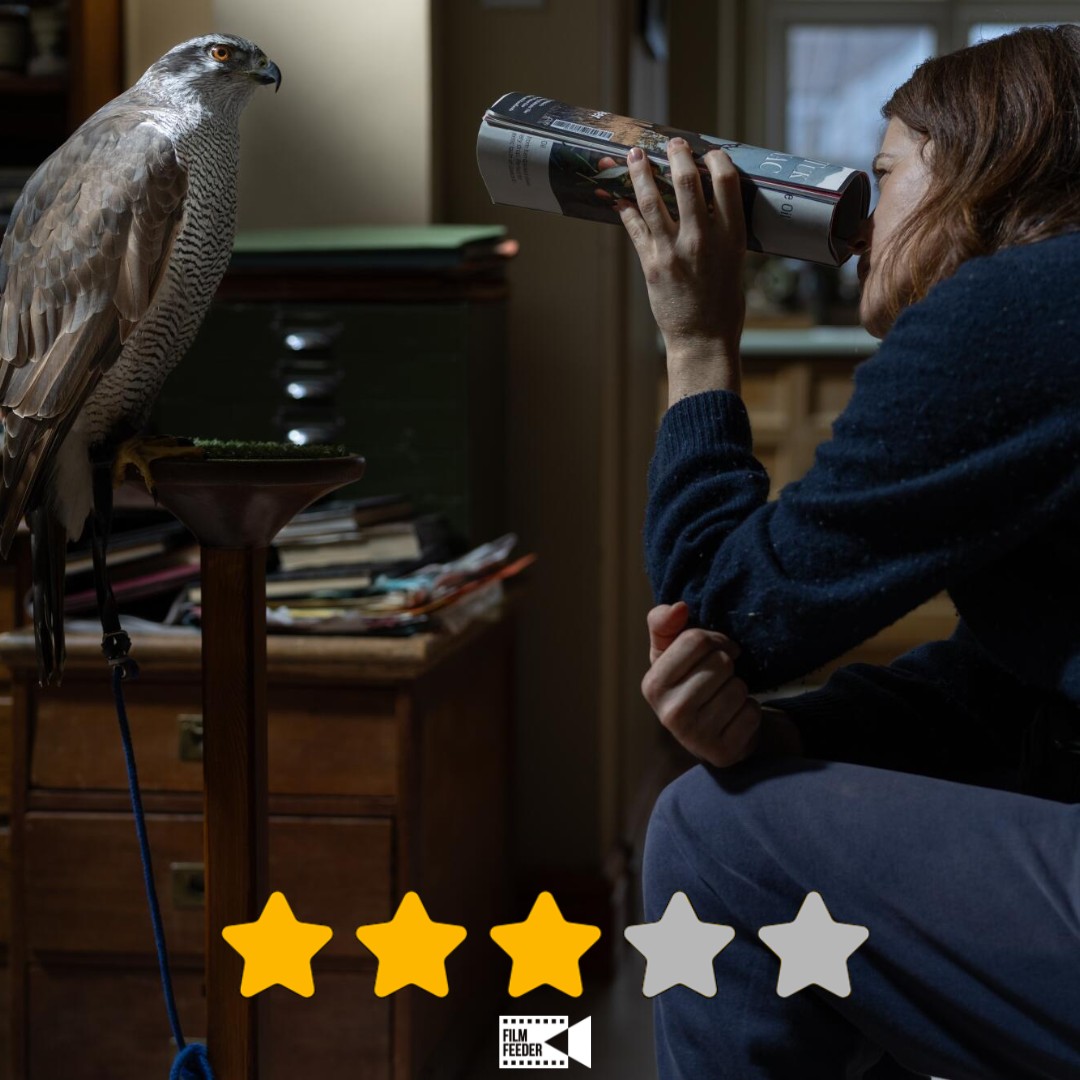
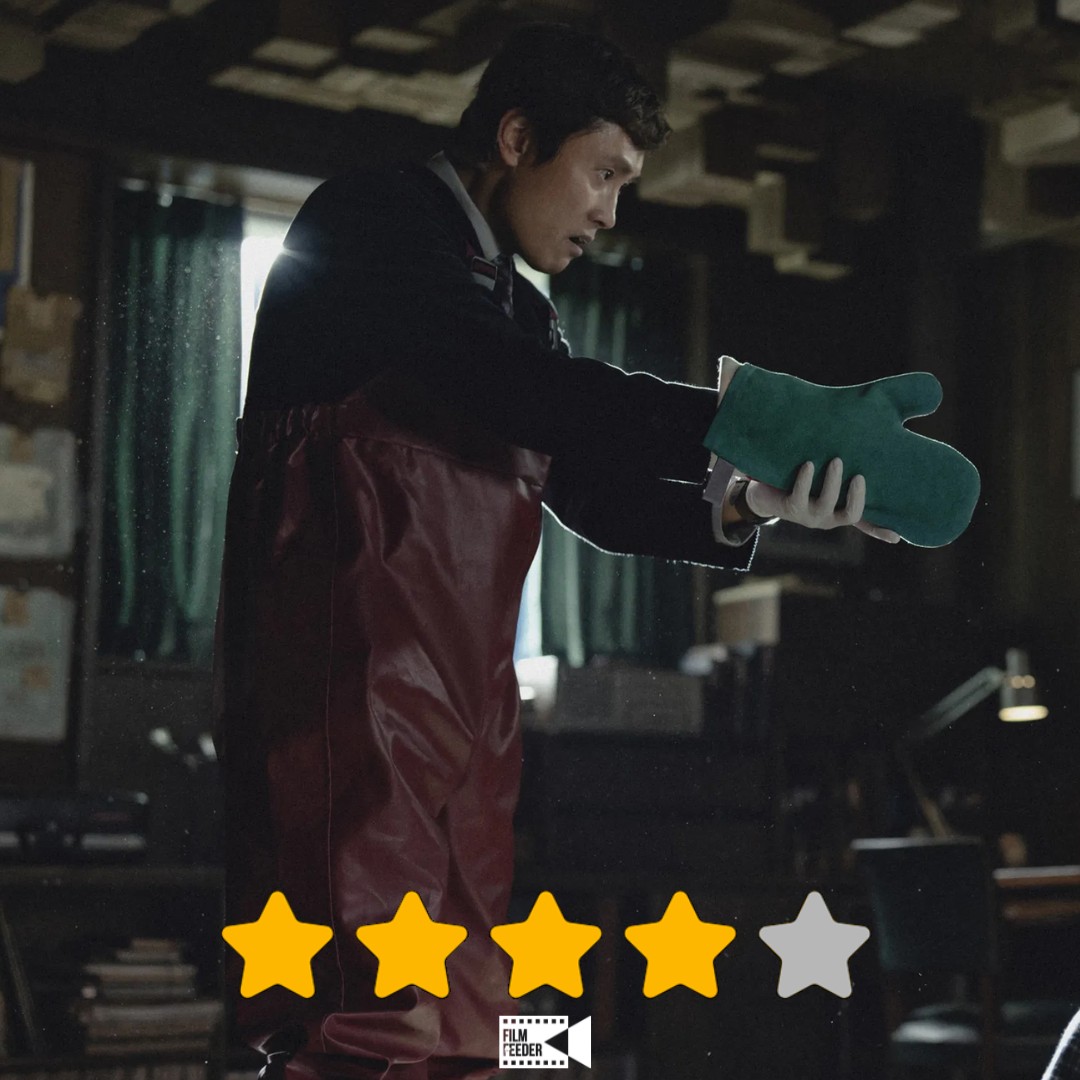
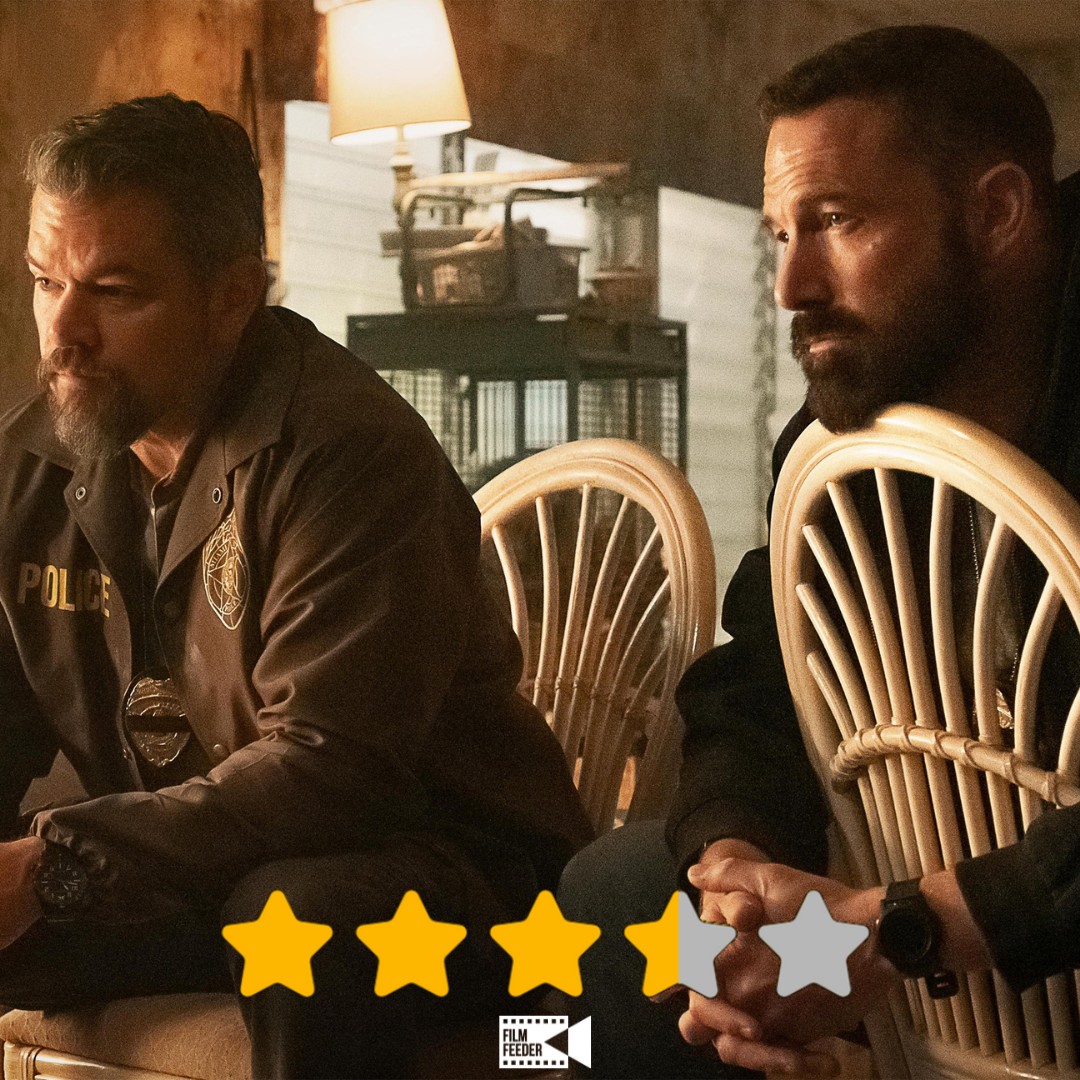
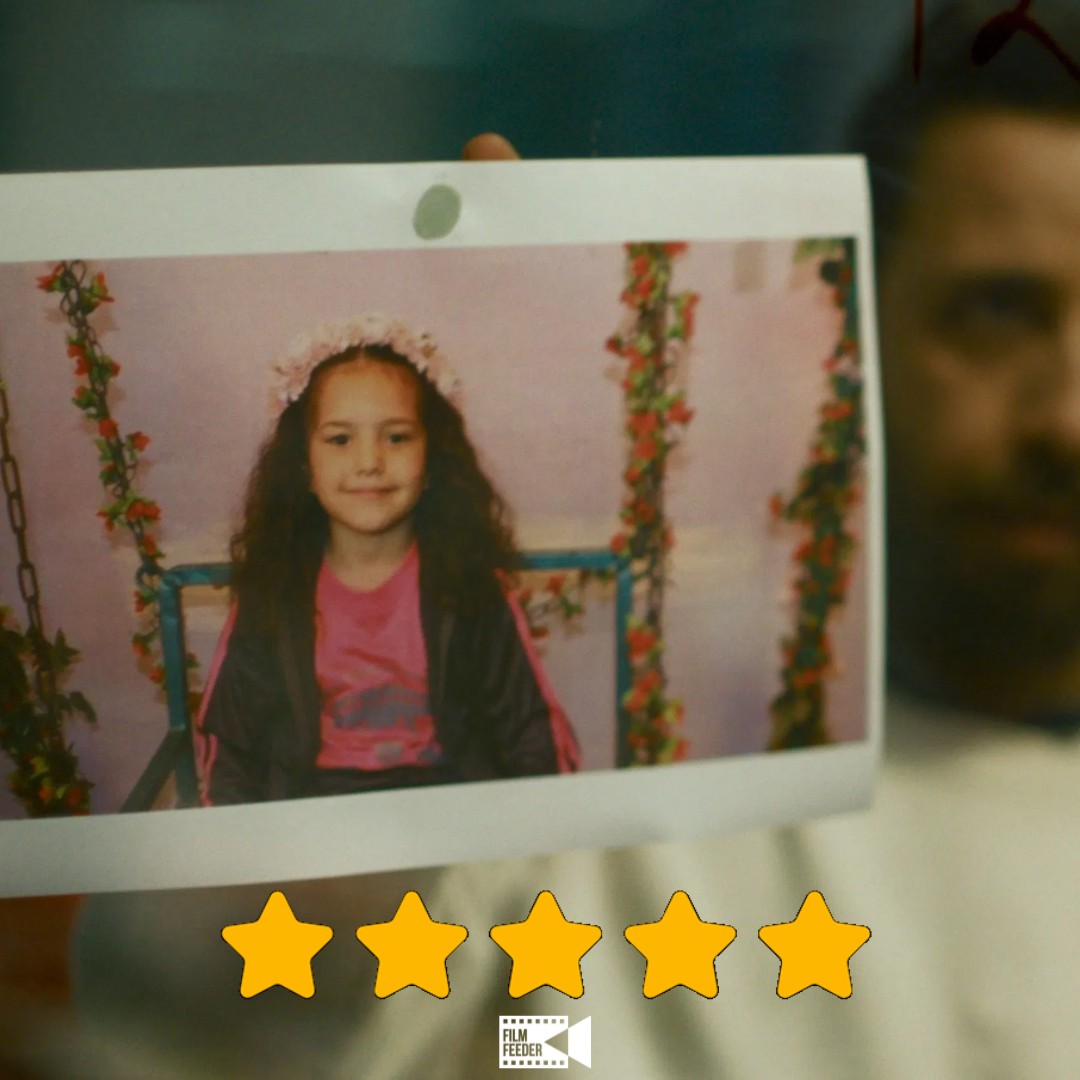

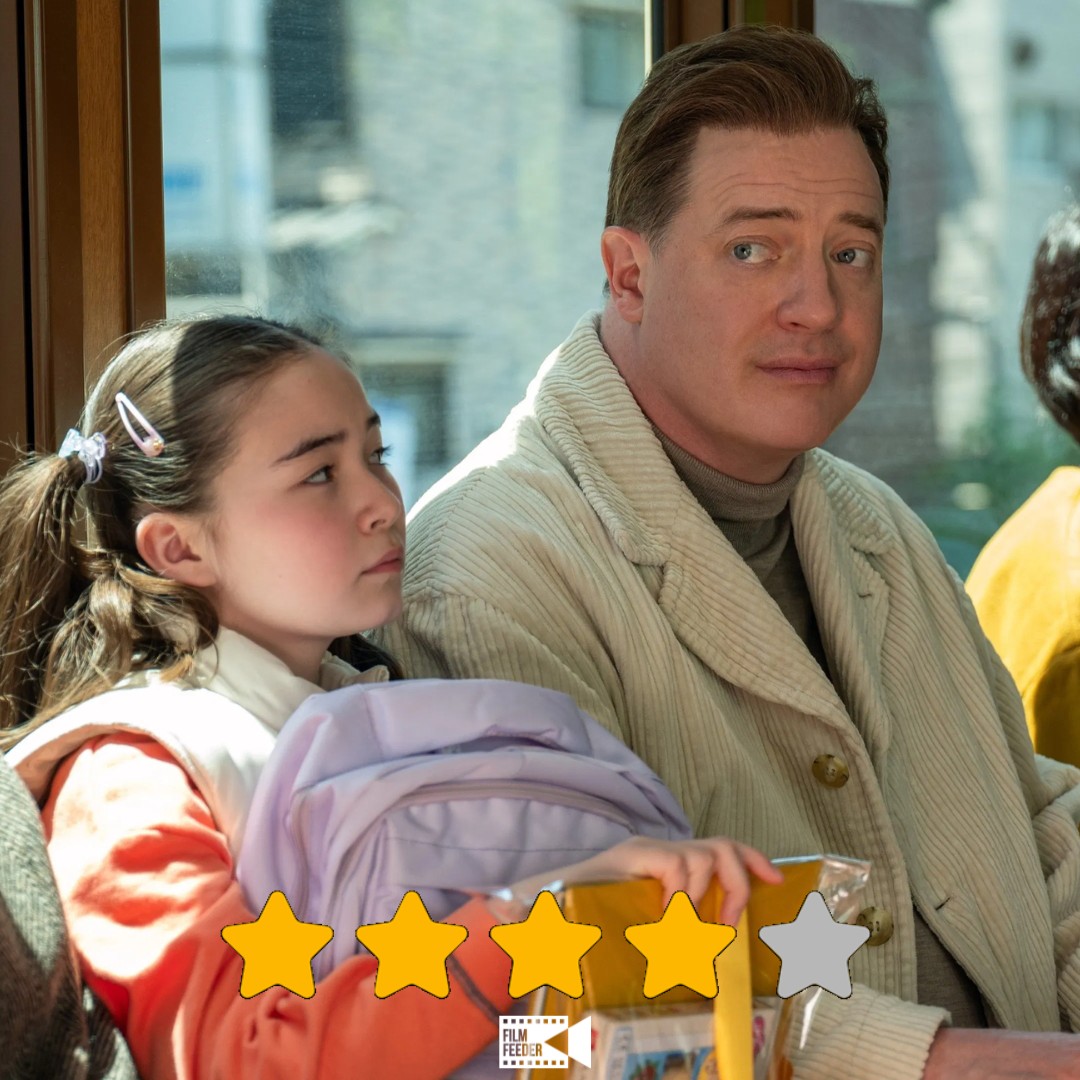
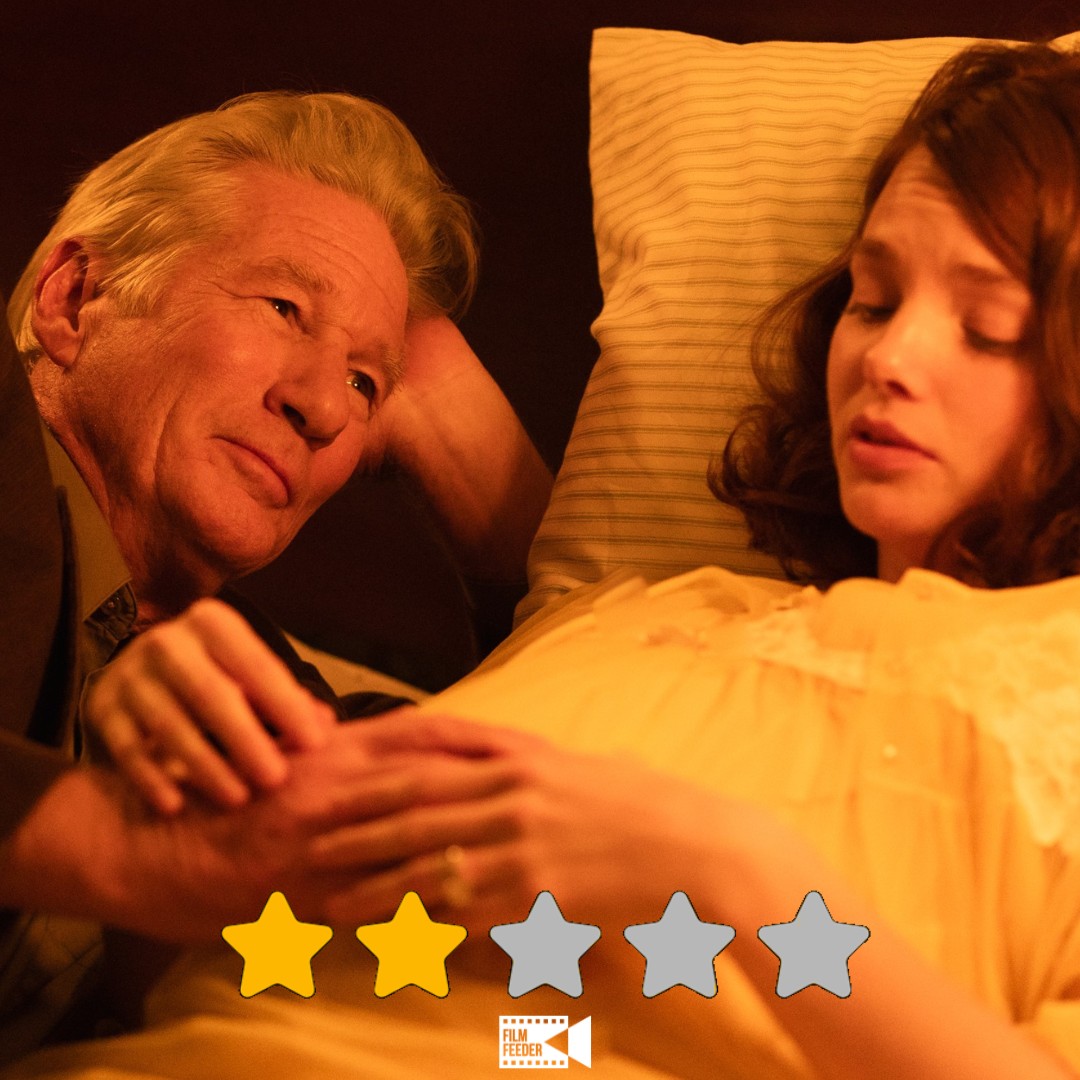
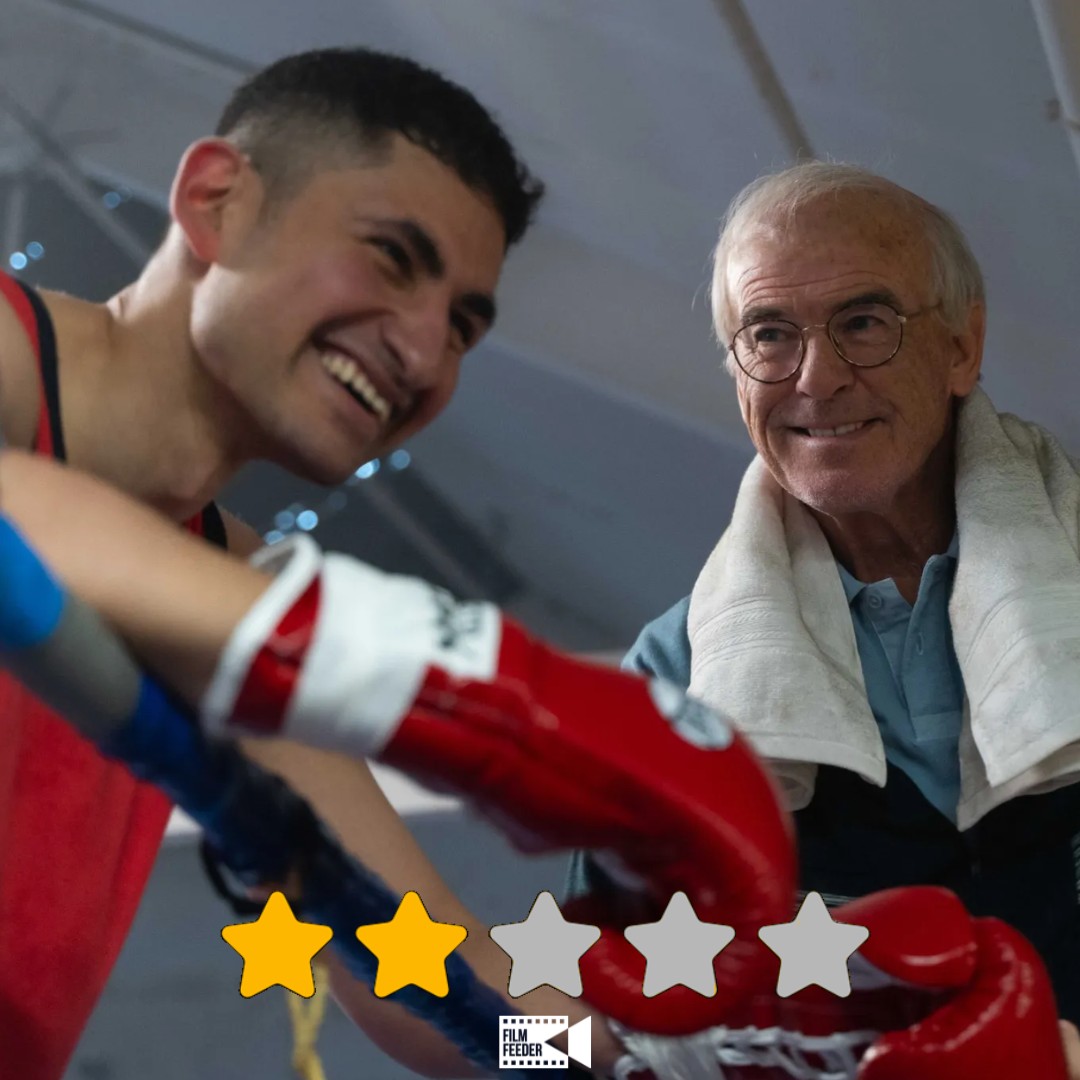
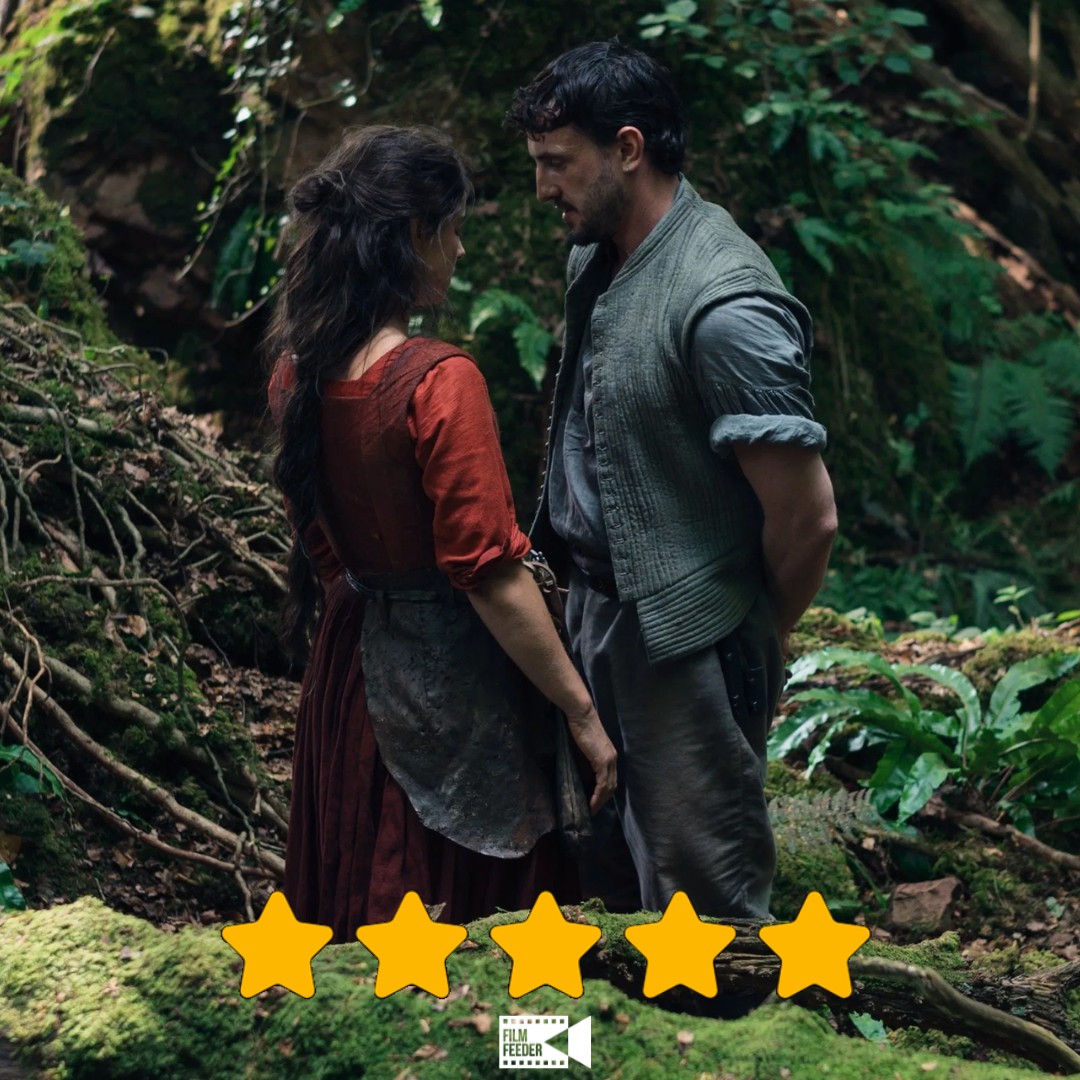
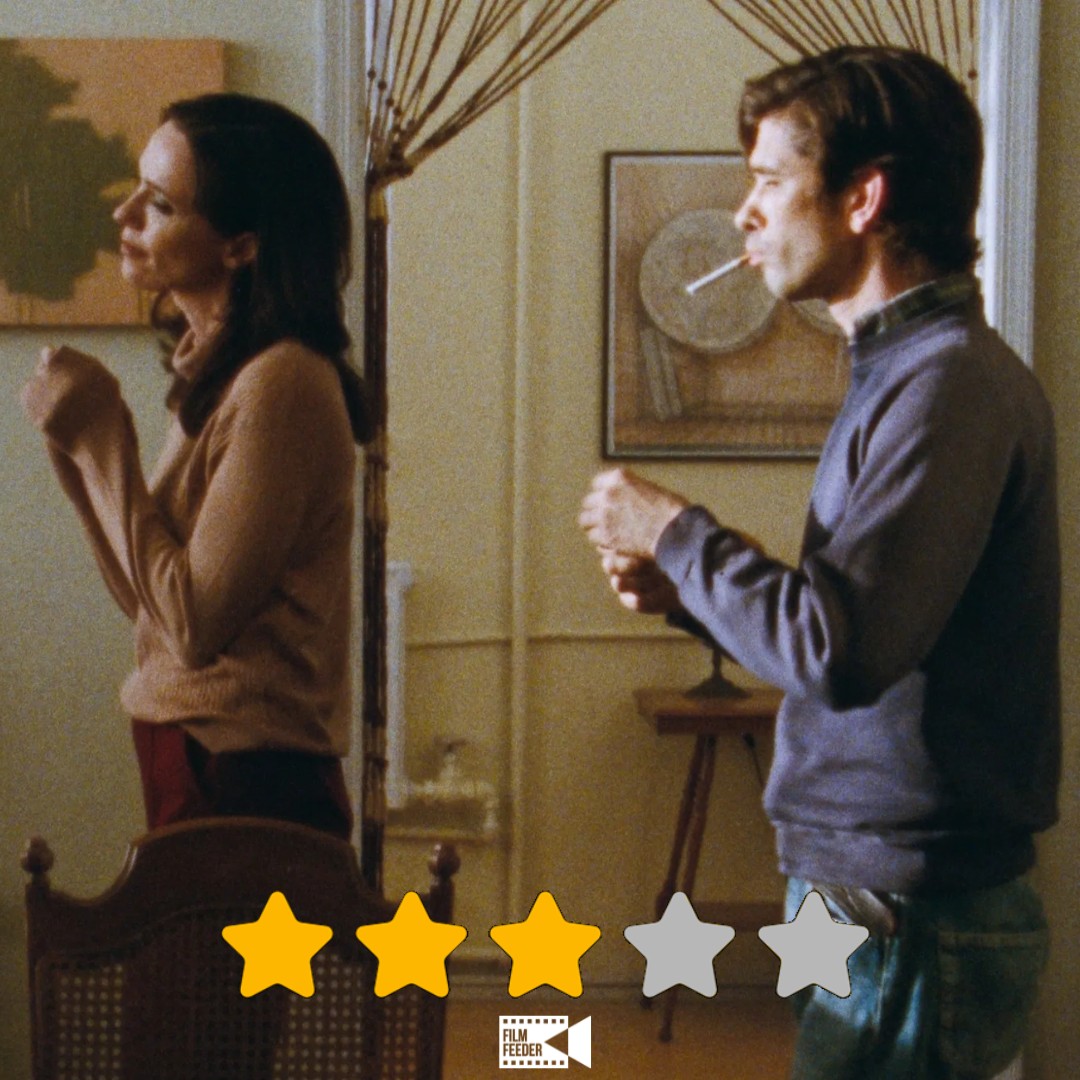
0 Comments